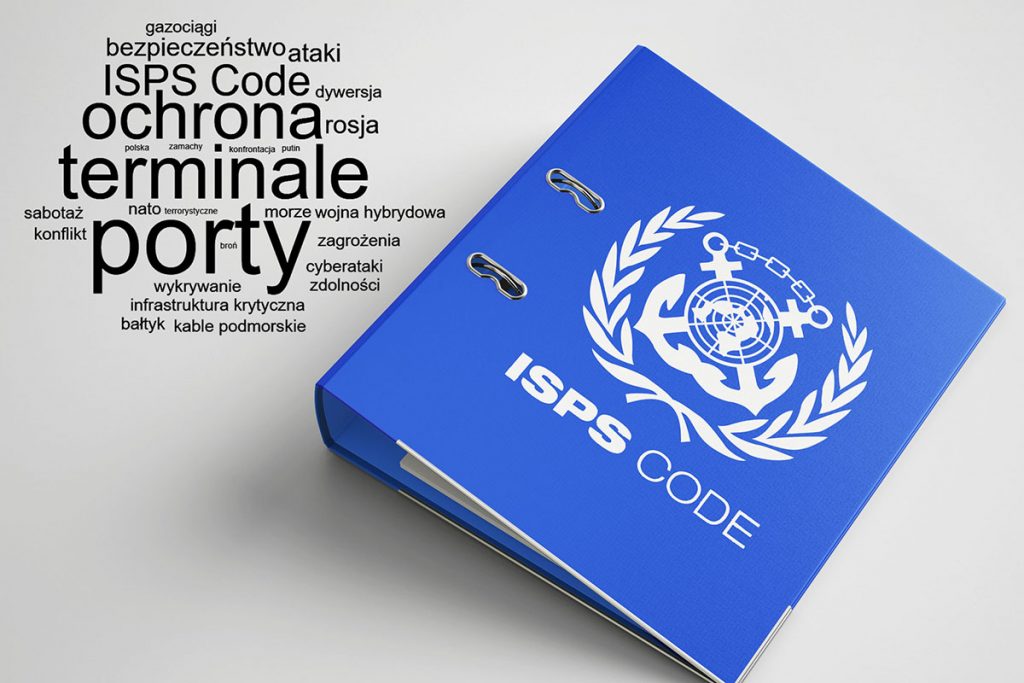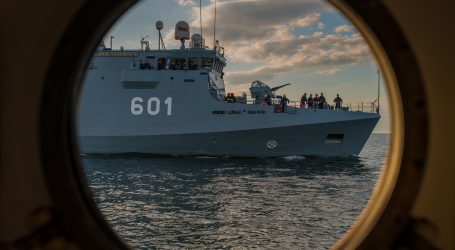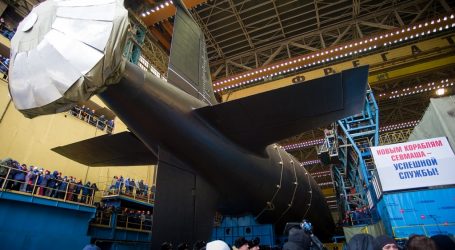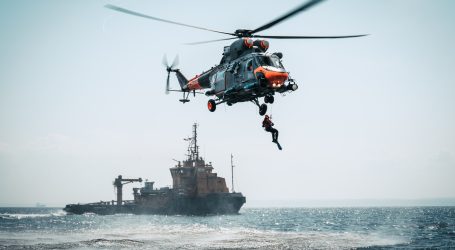PISM analyst: we can expect acts of diversion and other elements of hybrid warfare by Russia in Poland

We can expect acts of diversion and other elements of hybrid warfare in Poland; we are constantly the target of, among other things, Russian cyber attacks on various institutions, PISM analyst Wojciech Lorenz assessed in an interview with PAP.
Asked by PAP (Polish Press Agency) whether we can expect acts of diversion and other elements of hybrid warfare on Polish territory, Wojciech Lorenz, analyst of the International Security programme at the Polish Institute of International Affairs, replied:
“Of course we can expect. We are constantly the target of attacks from Russia. They are not visible to the public, but cyber attacks on various institutions of varying intensity occur almost daily’.
According to Lorenz, the likely sabotage of the Nord Stream 1 and Nord Stream 2 pipelines showed that sometimes the capabilities of NATO allied countries to detect and prevent threats are insufficient. “This can of course be compounded by attacks on critical infrastructure, both at EU and NATO level”, which is why “attempts to strengthen the security policy” of the Alliance countries are ongoing.
“There is no doubt that Poland, which is increasingly building its energy security on the supply of raw materials by sea, through the Baltic Sea, must also have a serious capability to detect threats and protect to our critical infrastructure from the sea,” the PISM expert assessed.
The PISM analyst stressed that Russian President Vladimir Putin is determined to force a “complete change in the Euro-Atlantic security system”, which Putin believes is unfavourable to Russia.
“Actions such as sabotage, which can be part of hybrid actions below the threshold of open warfare, which Russia has been waging for many years and will continue to wage for many years with the West, are a permanent feature of this conflict. Let’s remember that these hybrid actions are often based on having a plausible deniability, or such +plausible deniability+,” the expert said.
Lorenz listed, among others, cyber-attacks, terrorist attacks “including the use of weapons of mass destruction, as in the case of Novichok” and attacks on critical infrastructure organised in such a way that “Russia can always say it wasn’t them”.
Another element of forcing change in the Euro-Atlantic security system is, according to the analyst, “making irreversible decisions, such as the annexation of Crimea and now the annexation of part of eastern Ukraine, which puts Russia in a confrontation with the West in the long term”.
“The West will never recognise this. This annexation will be a constant hotbed of conflict between Russia and Ukraine, which will never give up its forcible attempts to regain at least the western part of the country. So we are entering a situation that is hugely reminiscent of the Cold War situation of the 1940s,” – he assessed. Lorenz.
Source: PortalMorski.pl



